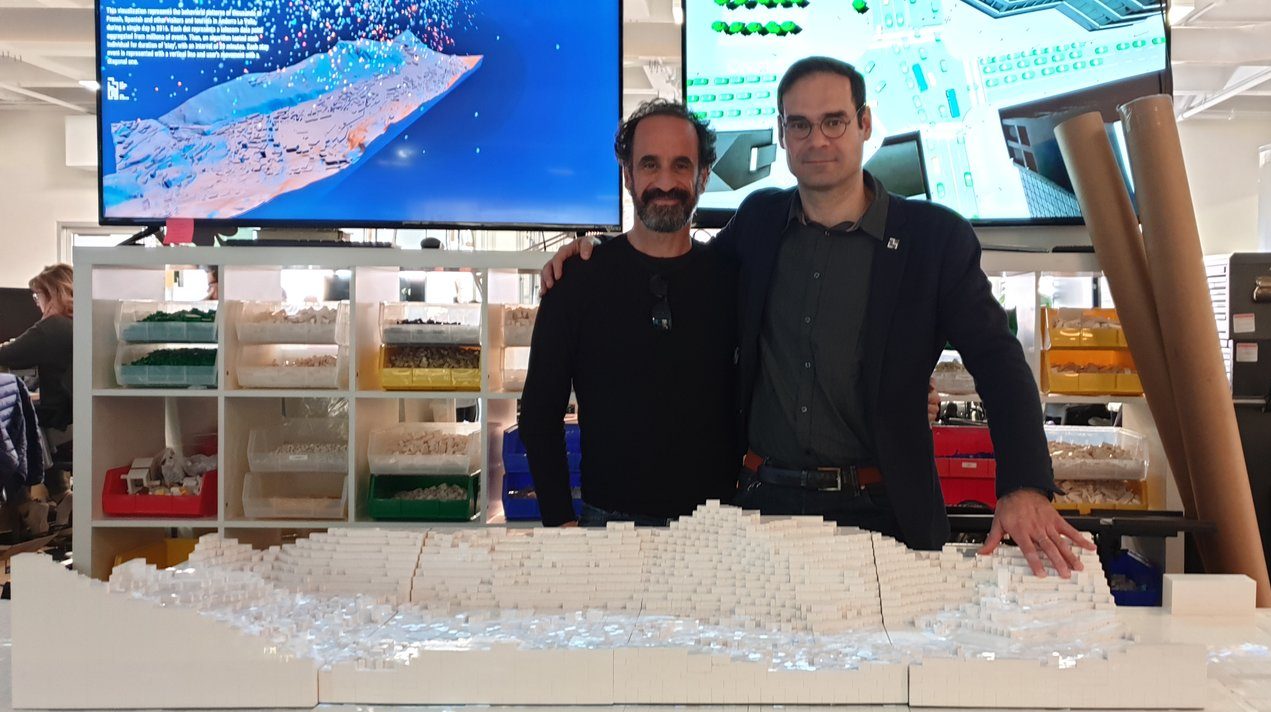
In this post, I show how to set up a local LeanXcale environment using Docker and Docker Compose for development purposes. This is very useful in development environments when we […]

In this post, I show how to set up a local LeanXcale environment using Docker and Docker Compose for development purposes. This is very useful in development environments when we […]

Today, NoSQL databases are widely used with key-value datastores being one of the most used of all database varieties. The key-value database is designed for storing, retrieving, and managing associative […]

INTRODUCTION Today, companies are storing more data compared to years ago, which creates a need for systems capable of storing and processing so much information. The data generated and stored […]

Geospatial data refers to objects (in the wide sense of the object word) that may have a representation on the surface of the earth. These representations can be locations (points), […]

In previous posts, we showed how to stream Twitter data into a LeanXcale database using a direct API. In today’s post, I will demonstrate how to perform analytical queries using SQL […]

Recently, I read a post about streaming Twitter data into a MySQL database to filter and store tweets for further analysis. Today, I want to share how to do the same using […]

Top database researcher and new scientific advisor at LeanXcale, Patrick Valduriez, talks to us about the latest trends on database world, his new position at LeanXcale, and the upcoming edition […]

Originally posted by Ricardo Jimenez on LinkedIn https://www.linkedin.com/pulse/my-visit-mit-ricardo-jimenez-peris/ Taking advantage of my visit to Boston due to our stand at Enterprise Data World, I visited a couple of groups in […]

We are happy to announce that Patrick Valduriez has now joined LeanXcale as scientific advisor! Patrick is a senior scientist at Inria, a world famous research organization in computer science […]